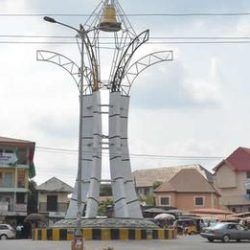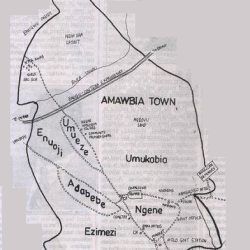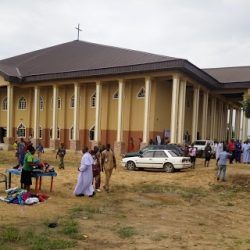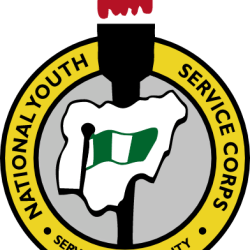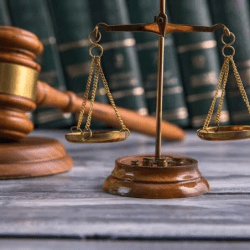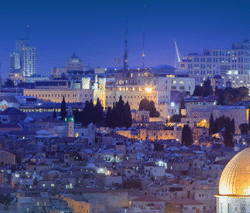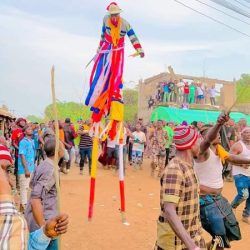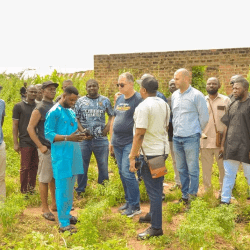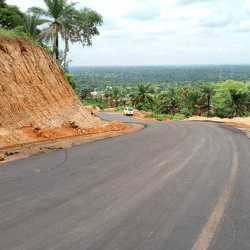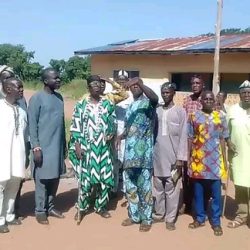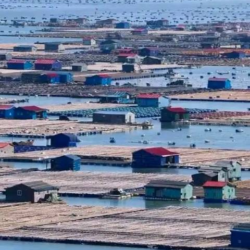Amawbia is a town in Awka South Local Government of Anambra State, Nigeria.
It has six areas: Umueze, Ngene, Adabebe, Umukabia, Ezimezi and Enu-oji. From time immemorial, Amawbia had been an autonomous community, managing its own affairs.
Beginning from 1905, Amawbia had been the seat of government for the former Awka District, the former Njikoka Local Government, and presently, Awka Local Government. Amawbia is also home to the state house i.e. Governor’s lodge and the State Prisons.
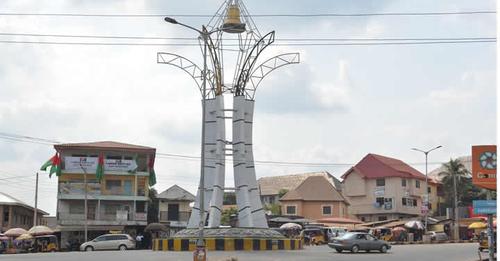
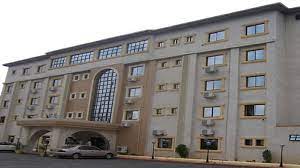
It was formed as a settlement for foreigners and the name is probably derived from ama ndi obia.
The town Amawbia, which is also known as Ugbo-Ogiliga, is situated along the old Enugu-Onitsha road in what is today known as Nnamdi Azikiwe Avenue.
It is about 35 km from Onitsha, on that road in Anambra State, Nigeria.
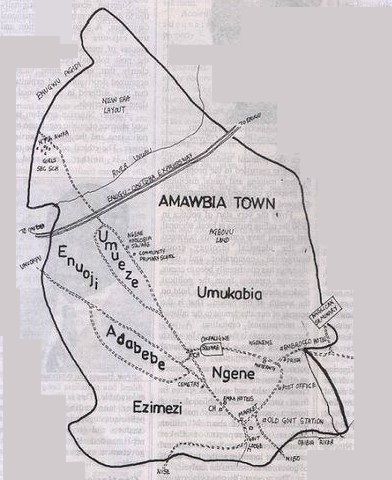
Amawbia traditional ruler
The traditional ruler of Amawbia is called Okpaligwe Amawbia.
Traditional rulers uphold their people’s culture and helps governments to maintain law and order.
In 2020 Chinyelu Nnaemeke was made Okpaligwe Amawbia. The official title is: Okpaligwe Amawbia, HRH Chinyelu Nnaemeke
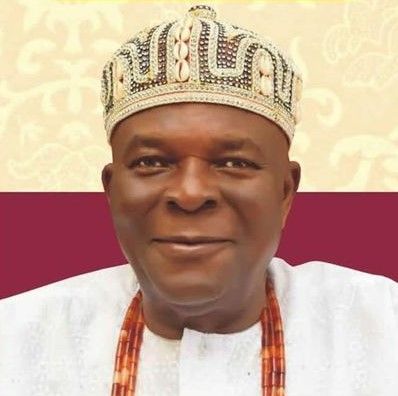
Amawbia Presidents General
Chief Agbata Ikele
1903 – 1938
Chief Chiedozie-Agbanya
Chief Herbert Ekemezie Nwalusi
Chief Robert C. Orji
1950-1962
Bartram Enuma-Oguejiofor
1963-1973
Nze Bernard Nwana
1973-1974
Amawbia Age Grades
Ulomma or Umuatu
1854 -1859
Udoabagu or Agbudu
1860 – 1865
Umuofia
1866 – 1871
Umuenyi
1872 – 1877
Amobi or Ochookwu
1878 – 1883
Osingo
1884 – 1889

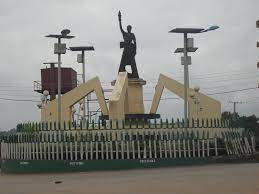
The progenitor of Amawbia is, according to common oral tradition, Awofia, one of the sons of Nri Ifikwuanim, the first son of Eri (900AD).
Eri migrated from the present site of Aguleri, in Anambra East Local Government Area, to Nri, in Anaocha Local Government.
Another legend holds that the Amawbia people are descendants of mercenaries hired by the people of Awka, who were later on allowed to settle in their region.
This story is common among some Awka natives.
The people of Amawbia have a traditional ruler as the head of the town who represents a symbol of their unity and solidarity.
The traditional ruler upholds the customs and traditions of Amawbia people and serve as a force making for stability and moderation.
The traditional ruler is called the Okpaligwe 1 of Amawbia.
